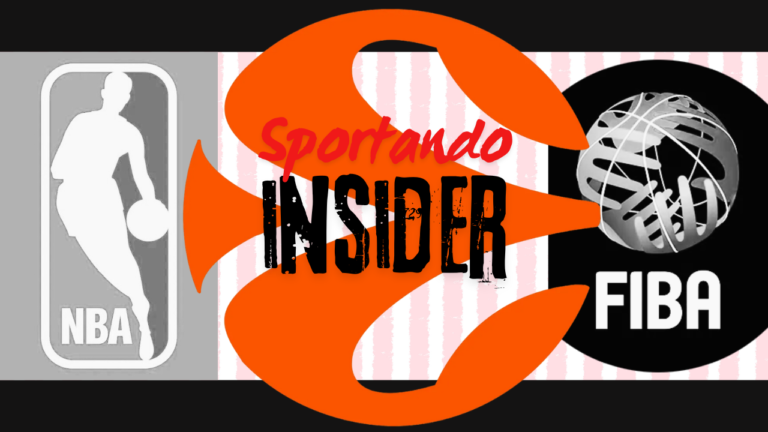As the highly anticipated 2025 Final Four tips off in Abu Dhabi, EuroLeague Basketball is already shaping its next era. Welcome to a pivotal moment in the sport’s continental evolution.
🚨 EUROLEAGUE 2025-2026 ROSTER
One conference, 38 games, 10 double weeks, no stop for FIBA windows
Anadolu Efes
AS Monaco
Baskonia
Crvena Zvezda
Dubai Basketball
FC Barcelona
FC Bayern Munich
Fenerbahce
Hapoel Tel Aviv
LDLC ASVEL
Maccabi Tel Aviv
Olimpia Milano
Olympiacos… https://t.co/xpYuyDhpkO— Alessandro Luigi Maggi (@AlessandroMagg4) May 23, 2025
The Shift
Friday, May 23, marks a key date on the EuroLeague calendar. According to reports by BasketNews, a shareholders’ meeting is taking place to discuss the long-anticipated expansion of the league to 20 teams.
While no official statements are expected today, sources tell Sportando that the new format is likely to be formally approved and then ratified on May 29.
The discussion centers around three key clubs: Valencia, Virtus Bologna, and Dubai Basketball. The catalyst? Alba Berlin’s surprising decision to leave the ECA competitions and return to the Basketball Champions League after 24 years of EuroLeague affiliation.
Valencia, through media close to the club, hinted it might follow suit. A rejection of Virtus owner Massimo Zanetti’s ambitions could have deepened the rift. Avoiding this fracture is vital for EuroLeague Basketball, especially as the specter of NBA Europe looms over the continent.
In fact, on May 27, the NBA is expected to present its European initiative to FIBA officials in Geneva. This makes unity and expansion more urgent than ever—strengthened by the support of Dubai and, by extension, Emirates.
The Format
Unless there’s a major surprise, the 2025-26 season will feature 20 teams in a single round-robin format. Here’s the projected lineup and their respective qualification status:
-
Anadolu Efes – Multi-year license
-
AS Monaco – Best-ranked former EuroCup team
-
Baskonia – Multi-year license
-
Crvena Zvezda – Wild card
-
Dubai Basketball – Wild card
-
FC Barcelona – Multi-year license
-
FC Bayern Munich – Multi-year license
-
Fenerbahce – Multi-year license
-
Hapoel Tel Aviv – EuroCup winner
-
LDLC ASVEL – Multi-year license
-
Maccabi Tel Aviv – Multi-year license
-
Olimpia Milano – Multi-year license
-
Olympiacos – Multi-year license
-
Panathinaikos – Multi-year license
-
Paris Basketball – Wild card
-
Partizan – Wild card
-
Real Madrid – Multi-year license
-
Valencia – Wild card
-
Virtus Bologna – Wild card
-
Zalgiris Kaunas – Multi-year license
The main dilemma in recent months was whether to expand to 20 teams in two conferences or preserve the single group format with 18. EuroLeague chose to go all in: a single 20-team league, each playing 38 regular-season games.
This means 19 home games for all teams, but an even more congested calendar (especially for the ACB teams). To manage the workload, the 2025-26 season is expected to start a week early, in September, and will include 10 double-game weeks. There will be no concessions to FIBA’s national team windows.
A Strategic Countermove
Far from retreating, EuroLeague Basketball is doubling down. The expansion is not just a competitive decision but a strategic response to the rising influence of FIBA and the NBA’s potential European footprint.
Still, the underlying tension remains. The decades-long tug-of-war that defines European basketball shows no sign of resolution. One thing is clear: this saga is far from over.


Post your comment
Visualizza commenti